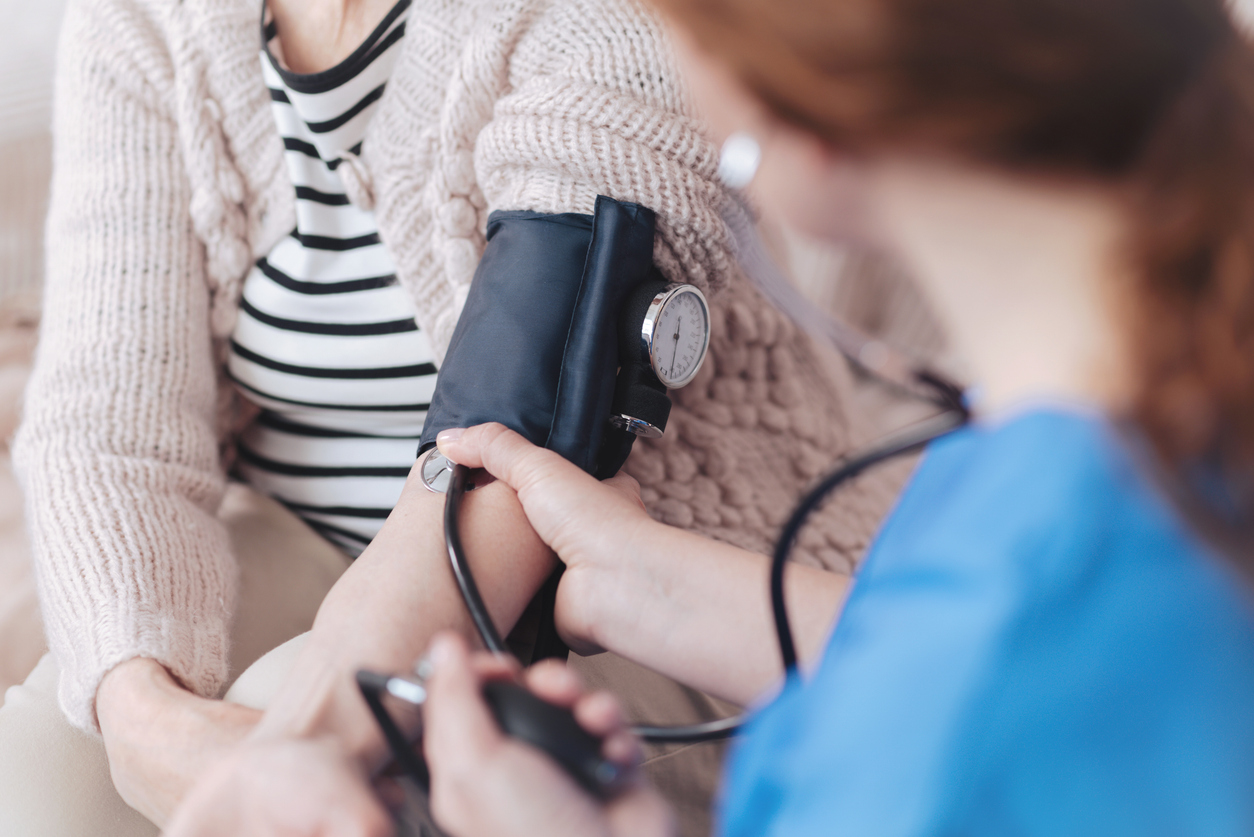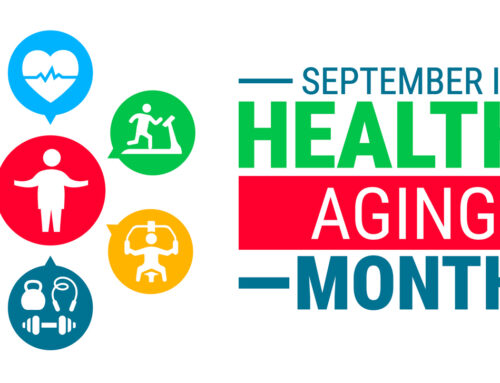Understanding what blood pressure is, how it affects the body, and how to manage it effectively is essential for maintaining good health as one ages. Blood pressure is a crucial health indicator, especially for seniors, as it can significantly impact overall well-being and quality of life.
What is Blood Pressure?
Blood pressure is the force exerted by circulating blood against the walls of the arteries. It is measured in millimeters of mercury (mm Hg) and is recorded as two numbers:
Systolic Pressure: The top number represents the pressure in the arteries when the heart beats.
Diastolic Pressure: The bottom number represents the pressure in the arteries when the heart is at rest between beats.
For example, a blood pressure reading of 120/80 mm Hg is interpreted as 120 over 80.
Why is Blood Pressure Important for Seniors?
As people age, their arteries tend to become stiffer and narrower, which can increase blood pressure. High blood pressure, or hypertension, is a common condition among seniors and can lead to serious health problems such as heart disease, stroke, kidney damage, and cognitive decline. Conversely, low blood pressure, or hypotension, can cause dizziness, fainting, and an increased risk of falls.
Normal Blood Pressure Range for Seniors
The American Heart Association (AHA) provides guidelines for normal blood pressure:
- Normal: Less than 120/80 mm Hg
- Elevated: Systolic between 120-129 and diastolic less than 80
- Hypertension Stage 1: Systolic between 130-139 or diastolic between 80-89
- Hypertension Stage 2: Systolic 140 or higher or diastolic 90 or higher
For seniors, the target blood pressure may vary based on individual health conditions and recommendations from healthcare providers. It’s essential to consult a doctor to determine the appropriate range.
Factors Affecting Seniors
Several factors can influence blood pressure, including:
- Age: Arterial stiffness increases with age, contributing to higher blood pressure.
- Diet: High salt intake, excessive alcohol, and insufficient potassium can raise blood pressure.
- Physical Activity: Regular exercise helps maintain healthy blood pressure levels.
- Weight: Being overweight or obese increases the risk of hypertension.
- Medications: Some medications, including over-the-counter drugs, can affect blood pressure.
- Chronic Conditions: Diabetes, kidney disease, and other chronic illnesses can impact blood pressure.
Managing Blood Pressure
Effective blood pressure management involves lifestyle changes, regular monitoring, and, if necessary, medication. Here are some strategies:
- Healthy Diet:
DASH Diet: The Dietary Approaches to Stop Hypertension (DASH) diet emphasizes fruits, vegetables, whole grains, lean proteins, and low-fat dairy.
Reduce Sodium: Limit salt intake to less than 2,300 mg per day, or even lower if recommended by a doctor.
- Regular Physical Activity:
Engage in at least 150 minutes of moderate-intensity aerobic exercise, such as brisk walking, each week.
Incorporate strength training exercises at least twice a week.
- Maintain a Healthy Weight:
Losing even a small amount of weight can significantly lower blood pressure in overweight individuals.
Limit Alcohol and Caffeine:
- Consume alcohol in moderation and monitor caffeine intake, as both can raise blood pressure.
Quit Smoking:
- Smoking damages blood vessels and raises the risk of hypertension and heart disease.
Stress Management:
- Practice relaxation techniques such as deep breathing, meditation, or yoga to reduce stress, which can help lower blood pressure.
Regular Monitoring:
- Keep track of blood pressure readings at home using a reliable monitor.
- Schedule regular check-ups with a healthcare provider to adjust treatment plans as needed.
Medication Adherence:
- Take prescribed blood pressure medications as directed and discuss any side effects with a doctor.
When to Seek Medical Attention
Seniors should seek immediate medical attention if they experience:
- Extremely high blood pressure readings (e.g., systolic over 180 mm Hg or diastolic over 120 mm Hg)
- Symptoms such as severe headache, chest pain, shortness of breath, or changes in vision, which may indicate a hypertensive crisis.
Understanding and managing blood pressure is vital for seniors to prevent complications and maintain a healthy, active lifestyle. By adopting healthy habits, regularly monitoring blood pressure, and working closely with healthcare providers, seniors can effectively manage their blood pressure and improve their overall quality of life.
If you or someone you know is interested in care management or home healthcare services in South Florida, FirstLantic can help. We are locally owned and operated, providing our patients with the highest quality in-home care services in Fort Lauderdale (Broward County), as well as in-home care services in Delray Beach (Palm Beach County), North Miami (Miami-Dade) and Jupiter (Treasure Coast) since 2000. Click here to contact
 AVAILABLE 24 HOURS A DAY/7 DAYS A WEEK
AVAILABLE 24 HOURS A DAY/7 DAYS A WEEK Careers
Careers







